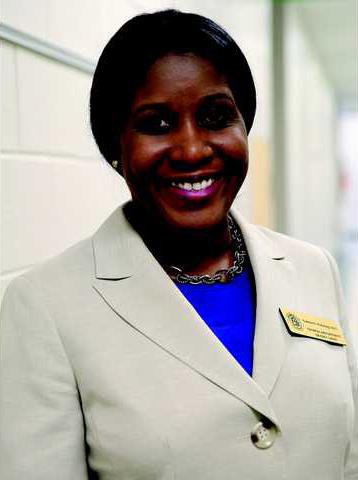A top-ranking Georgia Department of Education official said Wednesday that “lawsuit or no lawsuit” state education leaders would continue making improvements to a 47-year-old program being challenged by the U.S. Department of Justice. State Board of Education Chairman Mike Royal made his comment at a public hearing seeking feedback from the public on improving rules related to the Georgia Network for Educational and Therapeutic Support. The hearing was held at Buford Middle School.
State education official defends behavioral program
Board of Education Chairman: We'll continue to improve GNETS 'lawsuit or no lawsuit'

